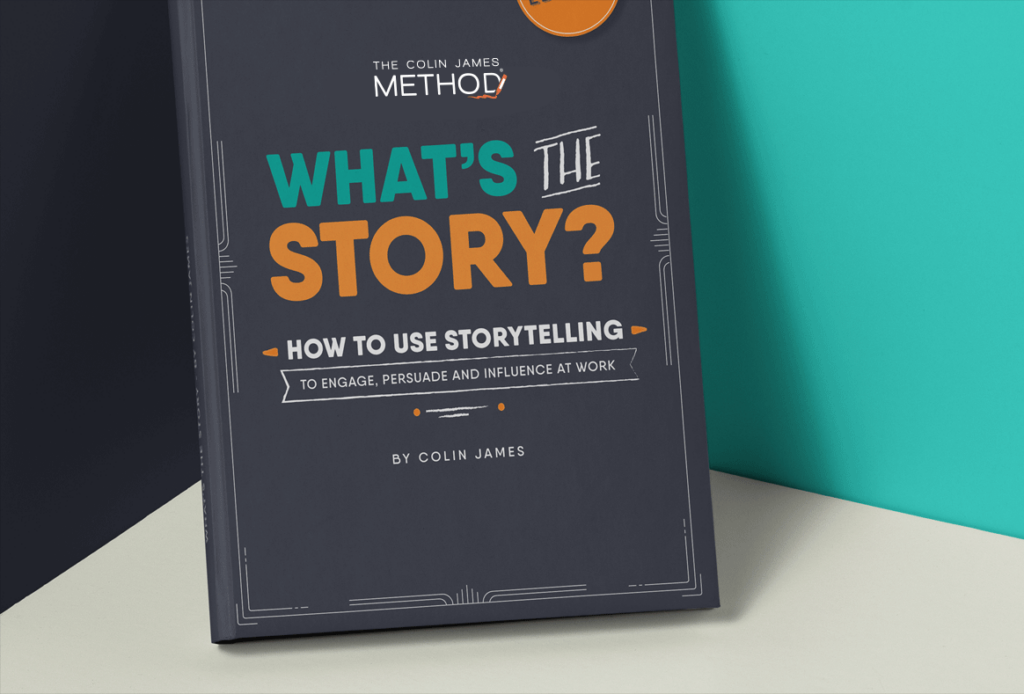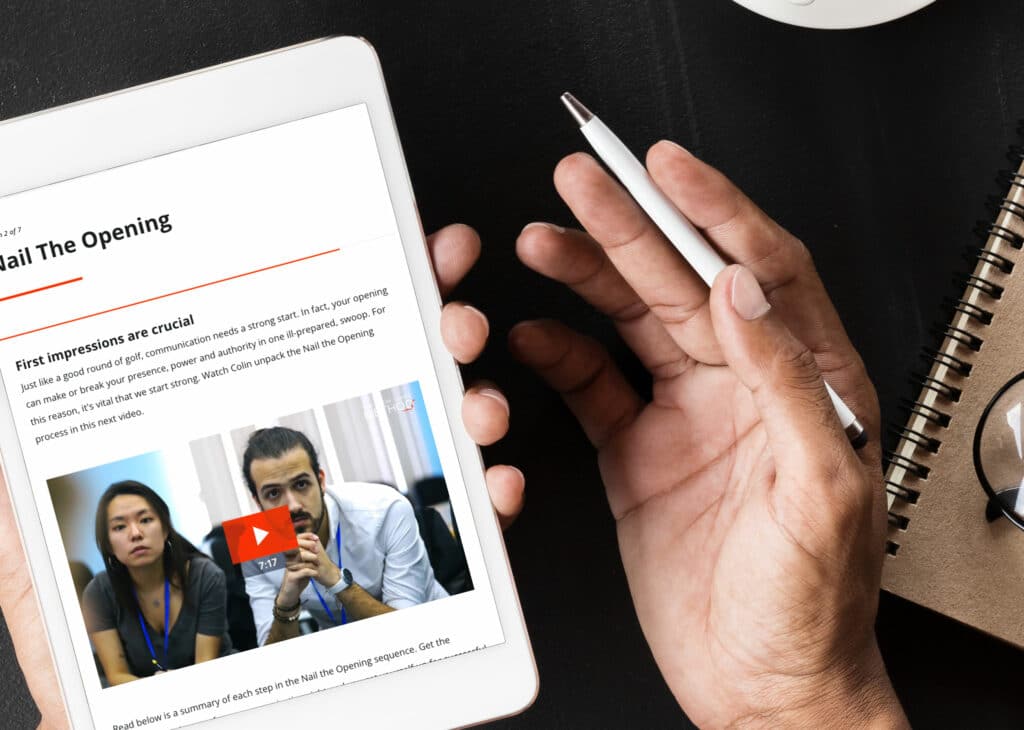Blog bites:
- Avoid jargon and cluttered language
- Use fresh, lively language
- Speak simply and succinctly
Recently, Colin and Erica had a meeting with a large finance firm. One of the senior people opened the discussion with:
“What I thought I would do is give you a bit of a lay of the land, so that when you step up to the plate, you will have an understanding of the arena and the context in which we are playing in here. Because at the end of the day going forward, what we need to do is to all sing from the same song sheet. I’m not talking about going after the low hanging fruit here, but I really think we need to think outside the box. Because until we get the buy-in of all the stakeholders, we are going to find ourselves falling back into the old patterns of play.”
Okay, some artistic license has been used here, but you get the point. This vacuous, lazy language is jargon-laced nonsense.
What is jargon?
Jargon is like a type of shorthand between a people in a group. It is often words that are meaningless outside of a certain context. Of course, jargon can be used effectively. The jargon we are referring to is those sound bites – those empty, boring and lifeless words that consume airtime in useless meetings or presentations.
Don Watson – an esteemed Australian speechwriter – talks about ‘weasel words’. These are contrived words that have an ambiguous meaning and are designed to divert. They may sound impressive, but are in fact hollow and have no real substance. Politicians in particular twist language to obfuscate, distract and distort.
As a master communicator, your job is to use words that have vitality, spice and colour – and create a connection between you and your audience.
So how do you do it? There are three key ways to improve speaking to any audience and give your message more punch and power:
1. Use fresh language
To really engage customers, colleagues or superiors, you need to be clever. Come up with fresh ways to make a point. ‘Pushing mud uphill with a kebab stick’ is a fun one we heard recently.
Find language that is different and use it to delight your audience. Find words and phrases that pop, capture your audience’s ear and reel them in. If you can find new ways to say things that compel people to stay attentive, your communication skills will skyrocket.
2. Use inclusive language
A big problem with jargon is that it can alienate your audience. Of course, at times jargon does have value. For example, if you’re working with a group of scientists, they will use shorthand to communicate quicker.
The issue is when jargon loses its effect. Too many of us use fancy, flowery words to cover the fact that we don’t know what we’re talking about. But if you don’t know what you’re on about, neither will your audience!
And when you use words in this way, you risk alienating the ‘peripheral players’ – the people who aren’t in the inner sanctum and don’t understand the technical terms.
So stick to the basics, be authentic and ensure everyone understands your explanation. That way, your entire audience will feel included and your language will really make a mark.
3. Cut the clutter
Have you ever been on a cross-country conference call and someone says, “Yes, it’s Clive here from WA. In terms of the discussion on that last point that was on the table there, I just want to say from our perspective or maybe from my perspective in particular, that on consideration in terms of the conversation and I talk about this from a strategic perspective, I just want to say that I agree.”
Clive agrees. That’s all he had to say. Not only is lengthy language and cluttered conversation a waste of time, it instantly repels the listener.
Remember, less is more. The best communicators speak in punchy phrases without fluff. Allow words to set the scene and convey your point. Invite the imagination into play and let people fill in the gaps.
A good rule of thumb is to keep your message to around six words or fewer. Then use pauses and silences for impact. The rest is just packaging.
And remember – the way you deliver your content determines how it will influence the way your audiences thinks, feels and behaves.
In the Mastering Communication Program, Colin James and Erica Bagshaw explore more winning ways to speak before an audience, improve your speech and become a master communicator.











